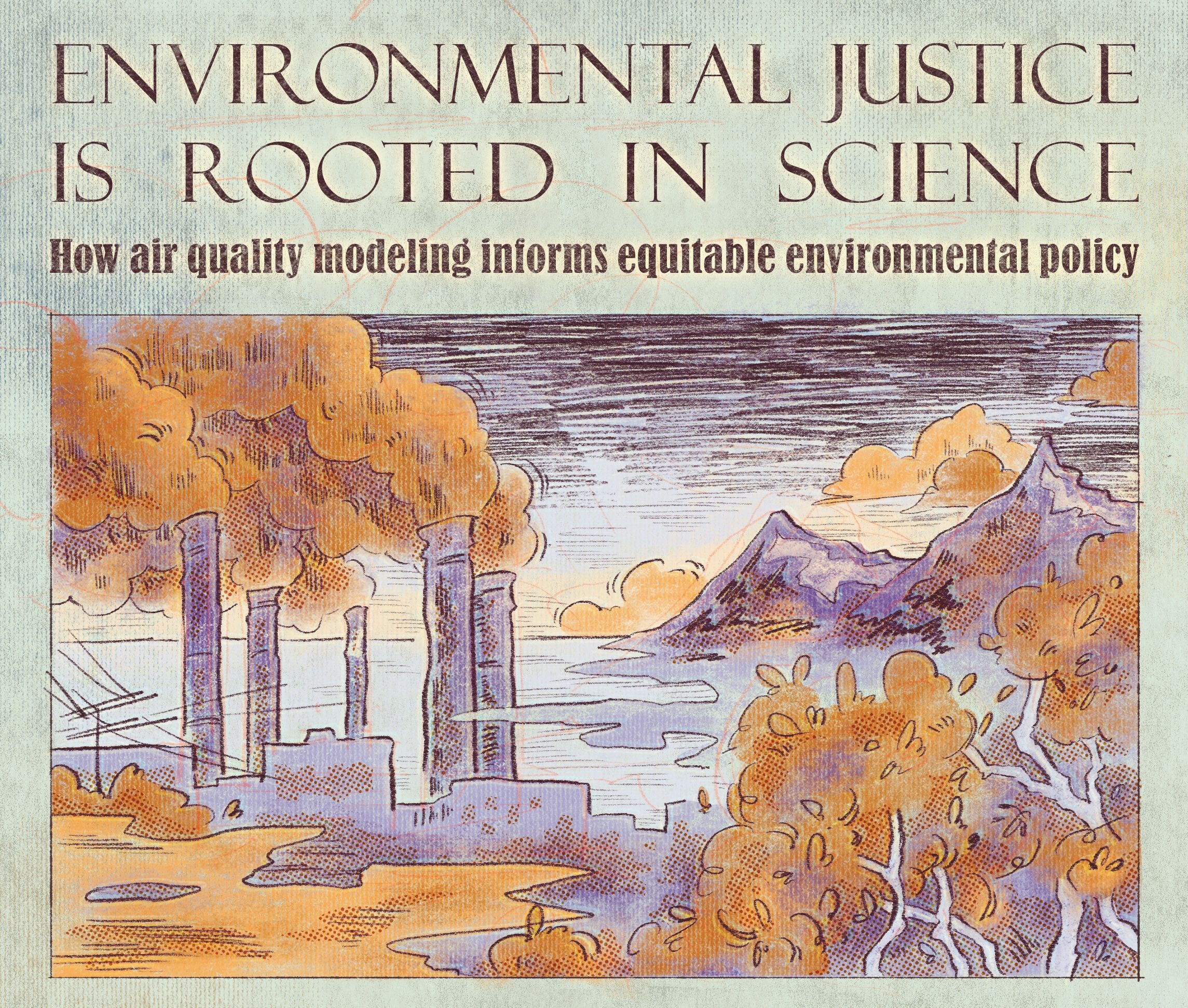Reduce, reuse, upcycle
When recycling doesn't make cents...

In 2018, the United States Environmental Protection Agency reported that of the 36 million tons of plastic waste generated nationwide, landfills received an incredible 75 percent. While most plastics can theoretically be recycled—broken down into their constituent parts and made into something new—the expense and energy required to do so often means that recycling plastics isn’t economically viable. However, new work led by John Hartwig, professor of chemistry at UC Berkeley, presents a method for chemically modifying a common plastic that may transform into a new strategy to save waste plastic from the landfill.
Polyethylene, a common component in plastic products like shopping bags and soda bottles, is a polymer, a type of molecule that contains thousands of carbon and hydrogen atoms bound together. The Hartwig lab studies ways to alter polyethylene by replacing carbon-hydrogen bonds to develop new molecules from readily available ones. The team was able to exchange a fraction of the hydrogen atoms in polyethylene with an oxygen-hydrogen pair. This exchange was one of the first instances of a new chemical group being selectively introduced into a polymer without breaking any other bonds in the process. Their finding is an impressive feat due to the size and complex interactions within polymers.
Following a collaboration with Phillip Messersmith’s laboratory in the Departments of Bioengineering and Materials Science and Engineering at UC Berkeley, the researchers realized that their new polymer was even more interesting than they first anticipated. Liye Chen, a postdoc in Hartwig’s lab, and Katerina Malollari, a graduate student in Messersmith’s group, realized that replacing only a small percentage of polyethylene’s carbon-hydrogen bonds caused a drastic change to its properties, allowing the modified polyethylene to adhere strongly to metal. Normal polyethylene does not stick to materials such as other plastics, metals, and paints, but the modified version showed a 20-fold increase in its adhesive properties.
Altering the properties of waste plastics in order to increase their value, as Hartwig’s group did to polyethylene, is known as upcycling. Since traditional recycling is typically unaffordable—it costs $300 more to process one ton of recycling than it costs to take those same materials to a landfill in New York City—there is motivation for developing new ways to process waste materials. Turning to upcycling could save upwards of $170 billion annually, with new, useful materials being generated from the plastics that would otherwise go to landfill or be converted into lower quality—and thus lower value—products.
According to Hartwig, the potential environmental application of this discovery was a pleasant surprise. “Our initial objective had nothing really do to with … green chemistry issues,” he says. However, after hearing from several research groups interested in the modified polyethylene, Hartwig has realized that his simple modification could give waste polyethylene new life as coatings and heavy-duty adhesives. Hartwig explains the potential uses range “from single material packaging to improving the coating on boats, to all sorts of things that I never would have considered before.”
The researchers already have plans to improve upon this work. “We have a whole host of aspirations,” he says. “If we could cut a variety of polymers into relatively uniform pieces, with different chemical groups at the end, and then put them back together, we could maybe make even more materials that have these adhesive properties.” While it may not be realistic or useful to convert all waste polyethylene into adhesive materials, increasing the value of even a small portion of old plastics can change the economics of recycling the rest. Today, your used grocery bags may end up in landfill, but in a few years they could become a colorful display adhered to a storefront window or even the waterproof coating of a boat.
----- Amy Kynman is a graduate student in chemistry.
This article is part of the Spring 2021 issue.



